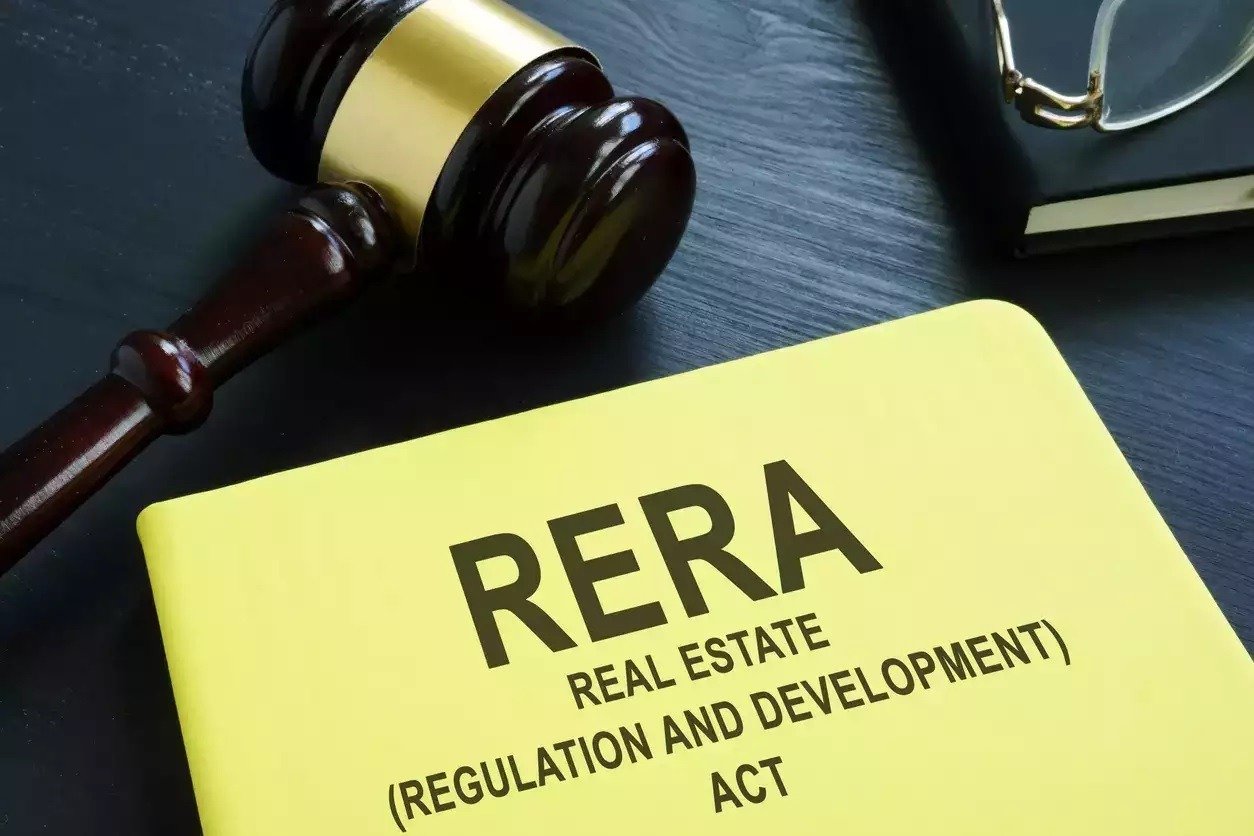The Indian government is currently scrutinizing the coexistence of two separate Acts governing the regulation of the real estate sector – one enacted at the national level and the other by the state of West Bengal. The Acts in question are the Real Estate (Regulation & Development) Act, 2016 (RERA), a central government legislation, and the Housing & Industrial Regulation Act, 2017 (HIRA), introduced by the West Bengal government.
RERA, which was fully enacted in 2017, allows states to notify their respective rules and appoint regulatory authorities. However, West Bengal is the only state that has introduced its distinct legislation, HIRA. The Ministry of Housing and Urban Affairs recently announced on Twitter that it is currently examining whether both Acts can coexist.
The central government had previously formed a sub-committee during the Central Advisory Council meeting to encourage the adoption of RERA by the Bengal government and oversee its implementation in other states. However, this sub-committee has not been notified to date.
The coexistence of central and state Acts on the same subject is under examination, and the ministry stated that a sub-committee, under these circumstances, would serve no purpose. The Ministry emphasized the positive changes that full compliance with transformational legislation like RERA could bring to the real estate sector.
One notable difference between RERA and HIRA lies in their definitions of the force majeure clause and garage. RERA allows the force majeure clause to be invoked only in specific circumstances such as war, drought, floods, earthquake, fire, or natural calamities affecting regular development. In contrast, HIRA permits the declaration of a force majeure clause for any other prescribed circumstance in addition to those listed under RERA.
Moreover, the definitions of garage vary between the two Acts. RERA defines it as a place within a project with a roof and walls on three sides for parking any vehicle but excludes unenclosed or uncovered parking areas. HIRA, however, defines a parking slot as an area as prescribed and garage as sanctioned by the competent authority.
Experts have raised concerns about the potential dilution of RERA and the need for states to adhere to it both in letter and spirit. The fear is that if states follow the model adopted by Bengal, it could render RERA redundant, thereby impacting the uniformity and effectiveness of real estate regulation across the country. Many states have initiated the process of setting up regulators and authorities under RERA, with several already passing orders or notifying state rules.


